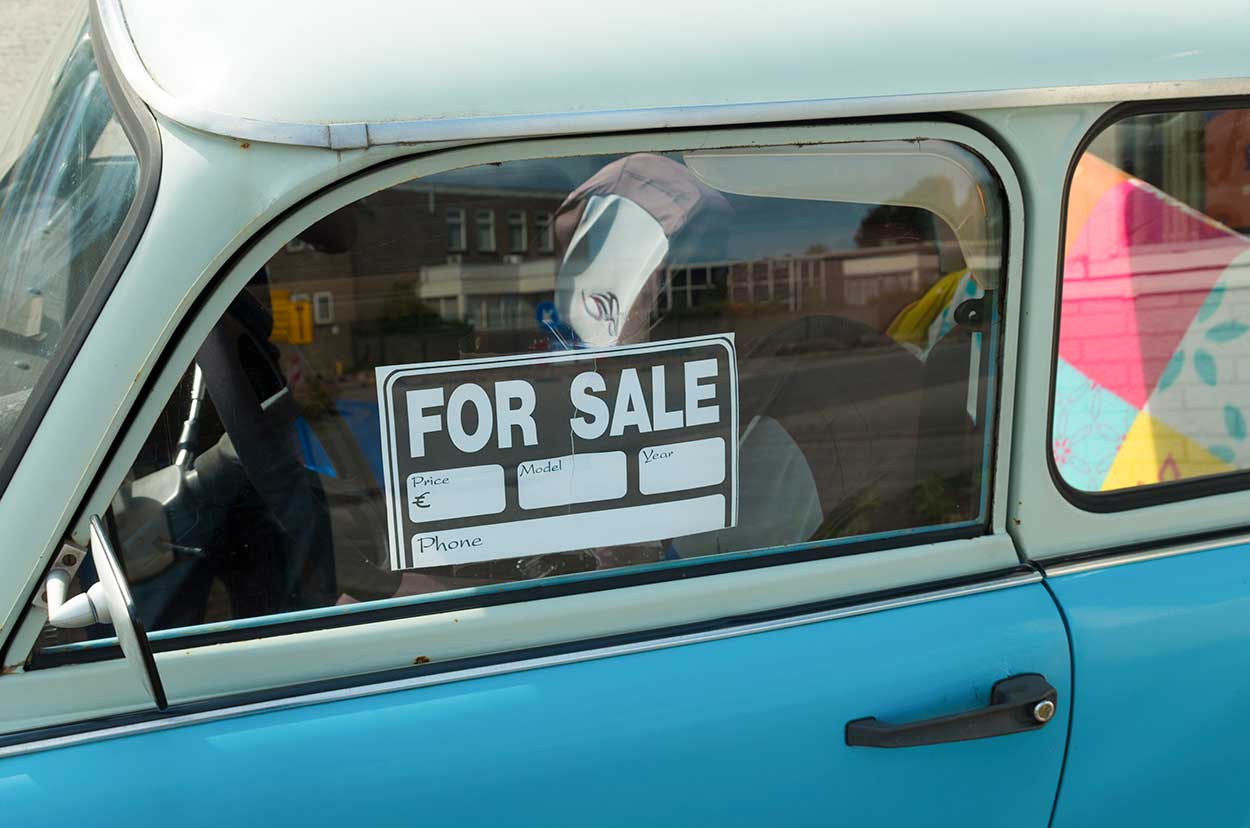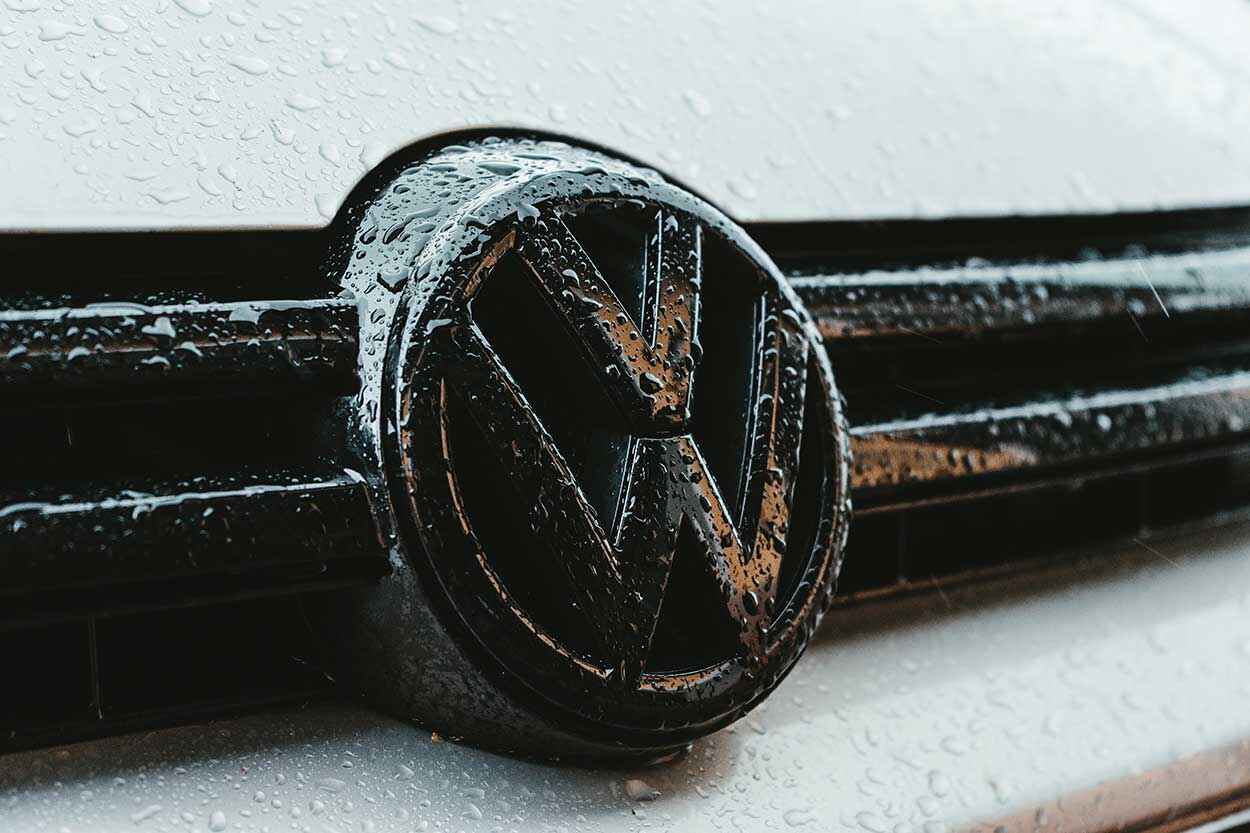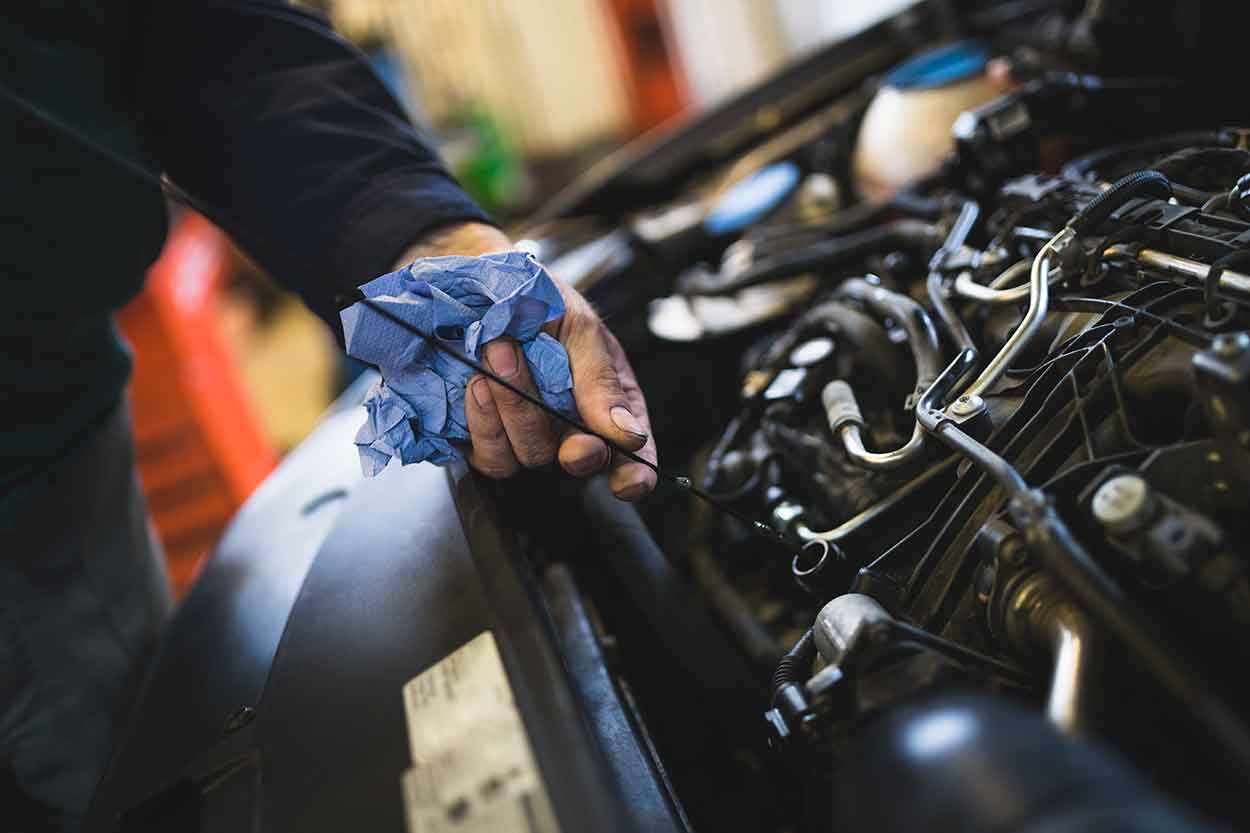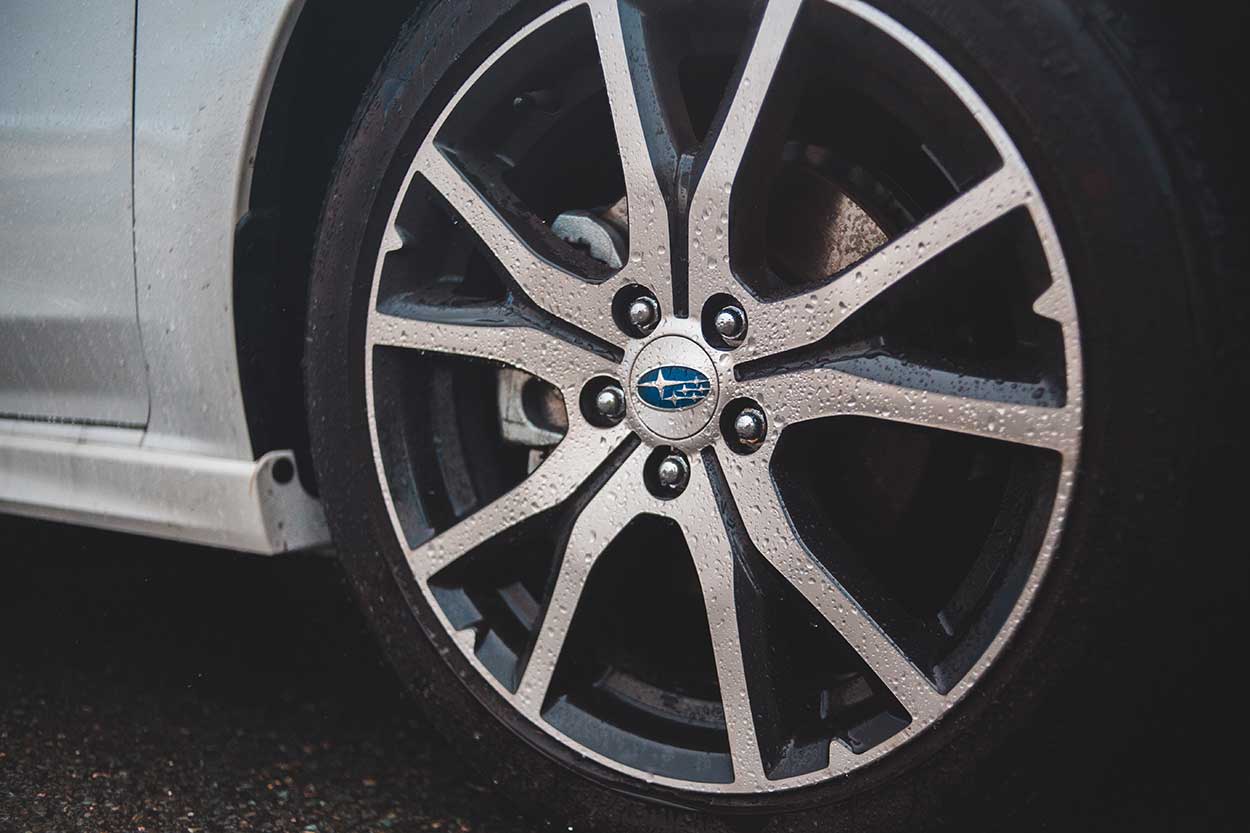As Britain begins to emerge from two months of strict quarantine measures, those living in England are now being encouraged to return to work if they cannot do so at home. The rest of the UK is expected to follow suit in the upcoming weeks. However, the government is still stressing the importance of social distancing and has advised the use of public transport only as a last resort.
As a result, many concerned individuals are looking into the possibility of purchasing a car to enable them to travel to and from their place of work safely and efficiently. Whilst car showrooms have, as of 1st June 2020, been given the go ahead to open their doors, there are still strict guidelines around how this should be done safely. Whilst dealerships will be busy implementing safety measures, you may prefer not to visit a dealership just yet. However, this doesn’t mean that you can’t purchase your next car!
As of the 13th May, 2020, the government has clarified on its own website that car dealerships can now operate “distance selling”. This means that instead of visiting the showroom, selecting a car and even taking it for a test drive, customers can now “click and collect”, completing the entire transaction online. In this post, we’ll take a closer look at how distance selling regulations work when buying your car.
A digital migration
The online marketplace has been encroaching upon the physical one for many years now. High street stores have been closing in their droves and bricks-and-mortar banks are gradually being phased out by their virtual equivalents. But there are some commodities that are more suited towards a physical visit. Car showrooms, where the product is literally test driven before the purchase is completed, is one such place of business.
However, the outbreak of COVID-19 has forced companies working in all different industries to readjust their way of working. Car showrooms are likely to remain out of bounds for the foreseeable future, but demand for cars has picked up once again, with one dealership chief executive stating that online enquiries for new car purchases had returned to the levels usually expected at this time of year. With that in mind, distance selling is a compromise that benefits everyone.
Instead of visiting the premises, interested buyers can check out the range of vehicles available online, perusing the showroom from the comfort of their own home. They can access information about any car’s vital statistics and call up the dealership to enquire further. Many dealerships are now providing in-depth video walk-arounds of the car, even doing this live so that customers can ask questions there and then. When they have settled upon the car they would like to buy, it’s then simply a case of making a deposit payment online or over the phone to secure the vehicle.
Should the customer opt to fund their car using My Car Credit, many of our lenders will provide a safe and secure e-Sign facility. This allows the customer to complete all of the paperwork without ever needing to visit the dealership.
The two parties can then arrange for the car either to be delivered to the buyer’s home or for the buyer to visit the showroom and pick it up onsite. In the latter case, the buyer cannot enter the showroom, but must complete the handover and the relevant paperwork in the dealership’s forecourt. This must all be whilst complying with all relevant social distancing and hygienic standards.
Buyer security
For those who are wary about making high-value transactions online, there is an understandable degree of concern about the safety and security of doing so. Fortunately, those concerns are addressed in a piece of government legislation called The Consumer Contracts (Information, Cancellation and Additional Charges) Regulations 2013. Distance selling of automobiles has already been legal for several years, but only due to coronavirus is it becoming more prevalent.
Those regulations entitle the buyer to all of the normal rights they would expect when completing the purchase onsite, with a few significant differences. The main one regards the right to reject. With a conventional sale, the buyer is protected under the Consumer Rights Act 2015 and is allowed to reject the item within 30 days of completing the purchase, but only when their rejection is based upon solid reasoning. This reasoning could be, for example, that the car is faulty in some way. The dealer would then be under obligation to prove that the fault did not exist at the time of the sale. Failure to do so would result in them being forced to refund the sale in full.
A distance sale, by contrast, only gives the buyer a 14-day window of opportunity within which they can cancel the sale – but unlike a conventional transaction, they do not need to provide any reason for their change of mind whatsoever. This gives the buyer much more leeway in the decision-making process, since they are free to change their mind within two weeks of buying the car and do not have to worry about proving whether the product was faulty or not before the purchase.
For reference, the 14-day window begins as soon as the dealer has handed over both the vehicle itself and the written confirmation of the sale. Failure to transfer this latter component – either by email or in physical form when the car is dropped off or collected – could mean that the buyer is within their rights to return the car for a refund within a maximum of one year after the purchase.
Sourcing appropriate car financing
While the government’s green light for distance selling during the COVID-19 crisis is good news both for dealerships and those looking to buy, many people are still adversely impacted by the economic fallout of the pandemic. Funding any major purchase is a tall order right now, which is where car financing comes into its own.
Since 2015, My Car Credit has been helping drivers to finance the purchase of their next car through our efficient online system and extensive range of industry contacts. As experienced credit brokers, we can find the most favourable lending terms on the market, giving you an idea of the budget available to you. We can then help you to locate your ideal motor through our network of reputable dealerships and showrooms.
The service is open to everyone, regardless of employment status and credit history, and we can deliver a decision on credit finance for your unique situation within a matter of minutes. What’s more, the whole process can be managed online or over the phone, ensuring you adhere to social distancing protocol every step of the way. To take the first step towards your new car, calculate car finance today.
Rates from 9.9% APR. Representative APR 10.9%
Evolution Funding Ltd T/A My Car Credit
Require more help?
Got a question you can’t find the answer to, or need some advice and guidance around taking out car finance? Our Car Credit Specialists are friendly, experienced, and here to help so get in touch today!












